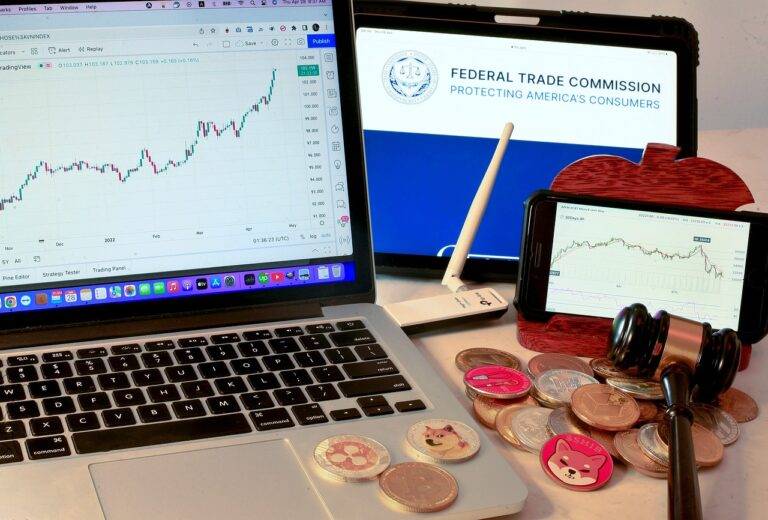The Impact of Sustainable Fisheries on Agribusiness: Skyexch, World777, Goldsbet login
skyexch, world777, goldsbet login: Sustainable fisheries have become an increasingly important topic in the world of agribusiness. With the growing demand for seafood and the threat of overfishing looming, it is crucial for businesses in the fishing industry to adopt sustainable practices to ensure the longevity of their operations.
Sustainable fisheries refer to the practice of harvesting fish and other aquatic species in a way that ensures their populations remain healthy and viable for the long term. This involves setting catch limits, using selective fishing gear, minimizing bycatch, and protecting essential habitats. By implementing these practices, businesses can help to preserve marine ecosystems and ensure a steady supply of seafood for future generations.
The impact of sustainable fisheries on agribusiness is significant. By adopting sustainable practices, fishing companies can improve the resilience of fish stocks, reduce the risk of overfishing, and enhance the quality of the seafood they produce. Not only does this benefit the environment, but it also has positive impacts on the reputation and profitability of businesses in the industry.
Here are several key ways in which sustainable fisheries can impact agribusiness:
1. Improved reputation: Businesses that demonstrate a commitment to sustainability are likely to attract more customers who are concerned about the environmental impact of their seafood choices. By promoting their sustainable practices, fishing companies can differentiate themselves in the market and build a positive brand image.
2. Access to new markets: Many consumers, particularly in developed countries, are increasingly seeking out sustainable seafood options. By adhering to sustainable practices, fishing companies can tap into these new market opportunities and reach a wider audience of environmentally conscious customers.
3. Increased profitability: While implementing sustainable practices may require an initial investment, in the long run, it can lead to cost savings and increased efficiency. By reducing waste, improving resource management, and protecting fish stocks, businesses can enhance their bottom line and ensure the sustainability of their operations.
4. Regulatory compliance: As governments around the world implement stricter regulations on fishing practices, businesses that fail to adhere to sustainable guidelines may face fines, sanctions, or even closure. By proactively adopting sustainable practices, companies can ensure they remain in compliance with current and future regulations, avoiding costly penalties and reputational damage.
5. Long-term viability: Ensuring the sustainability of fish stocks is essential for the long-term viability of the fishing industry. By managing fisheries responsibly, businesses can secure a stable supply of seafood for years to come, reducing the risk of market volatility and ensuring the continued success of their operations.
6. Environmental impact: Perhaps the most significant impact of sustainable fisheries on agribusiness is the positive effect it has on the environment. By preserving marine ecosystems, protecting biodiversity, and reducing the impact of fishing activities, businesses can help to mitigate the effects of climate change and ensure the health and productivity of our oceans for future generations.
In conclusion, the impact of sustainable fisheries on agribusiness is multifaceted and far-reaching. By adopting sustainable practices, fishing companies can improve their reputation, access new markets, increase profitability, comply with regulations, ensure long-term viability, and reduce their environmental impact. Ultimately, sustainable fisheries are not only beneficial for businesses in the fishing industry but also crucial for the health of our oceans and the well-being of future generations.
FAQs:
Q: What are some examples of sustainable fishing practices?
A: Sustainable fishing practices include setting catch limits, using selective fishing gear, reducing bycatch, protecting essential habitats, and avoiding the use of harmful chemicals.
Q: How can consumers support sustainable fisheries?
A: Consumers can support sustainable fisheries by choosing seafood from certified sustainable sources, asking questions about where their seafood comes from, and advocating for sustainable fishing practices in their communities.
Q: What role do government regulations play in promoting sustainable fisheries?
A: Government regulations play a crucial role in promoting sustainable fisheries by setting standards for fishing practices, enforcing catch limits, protecting marine habitats, and penalizing businesses that engage in illegal or unsustainable activities.







